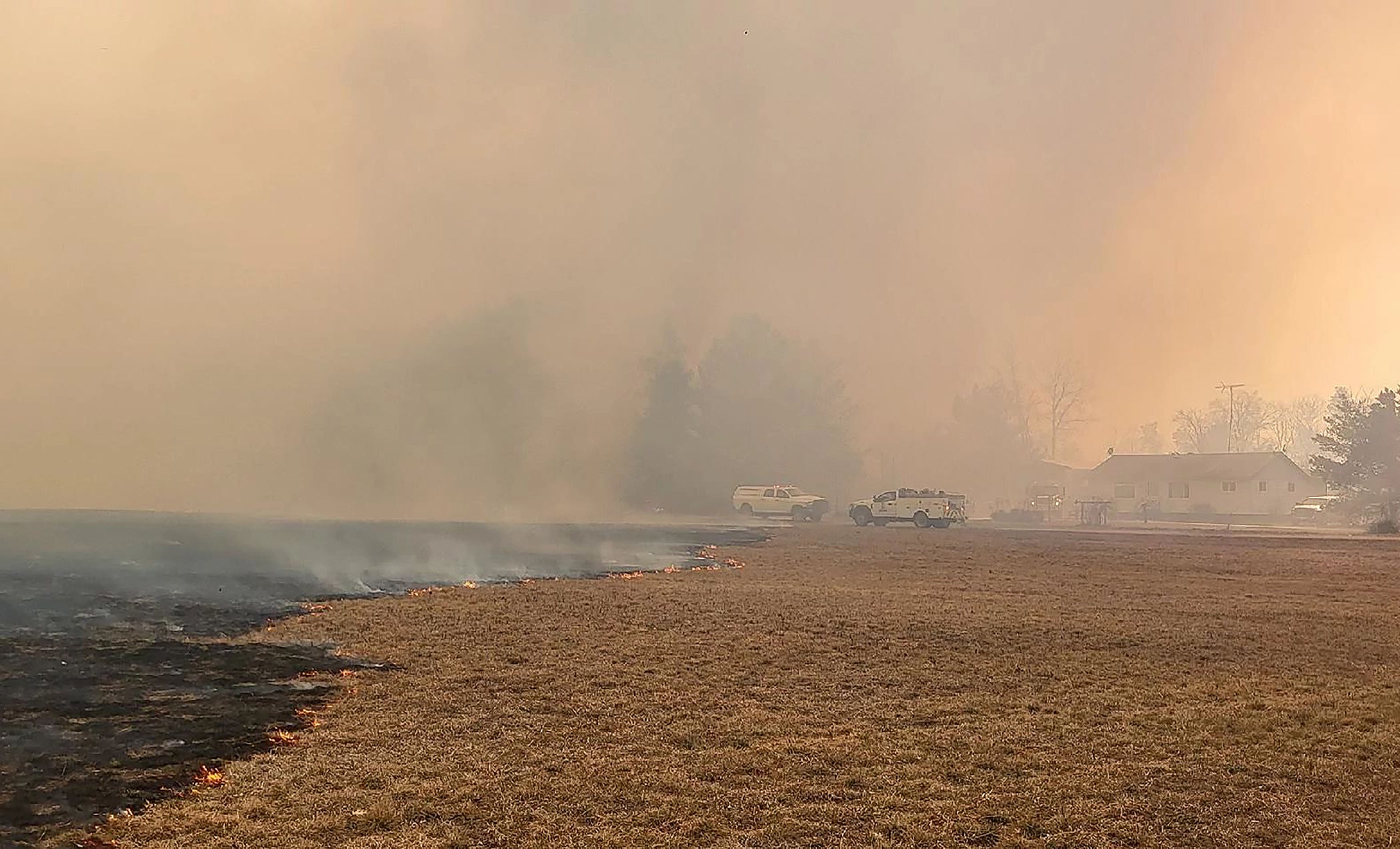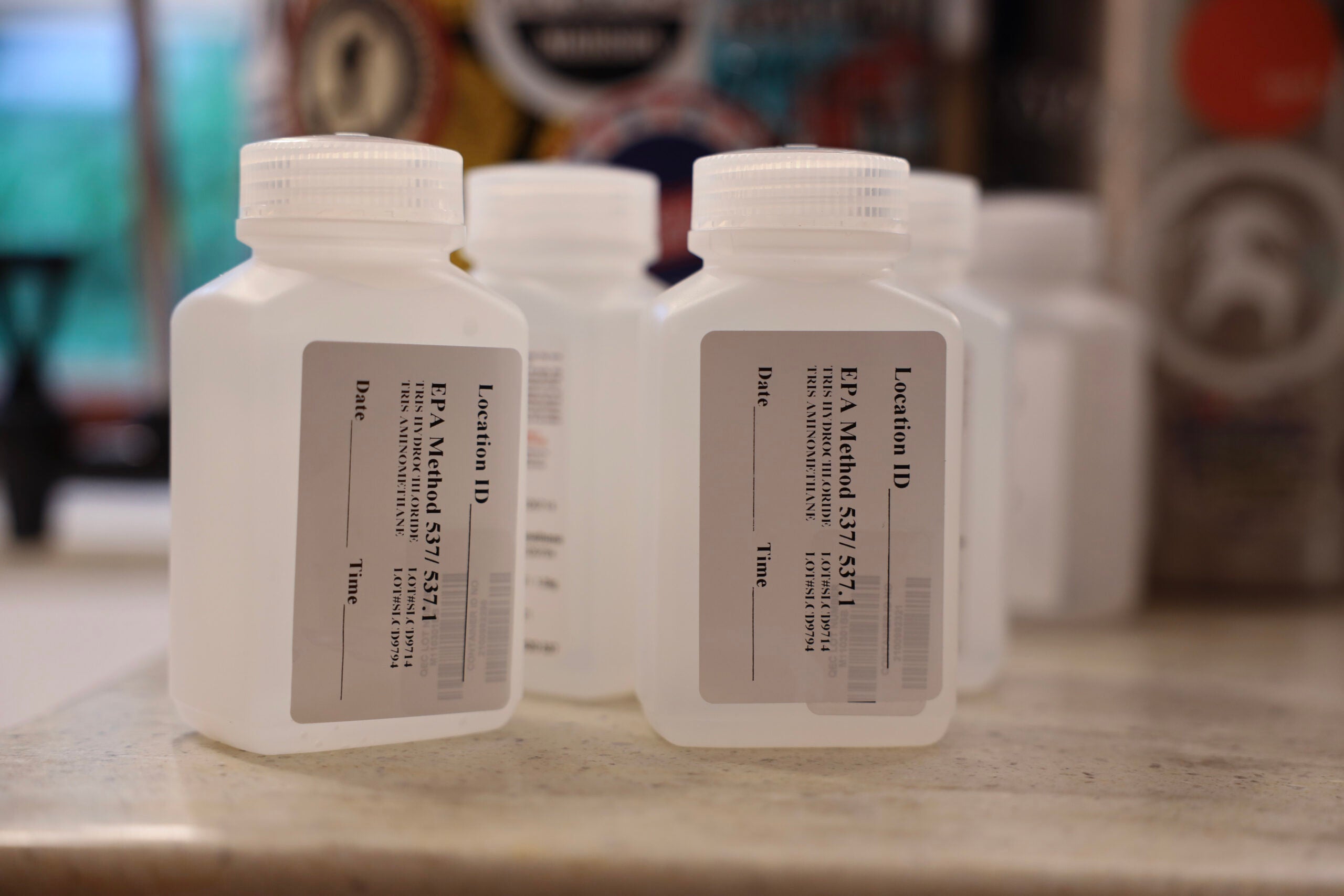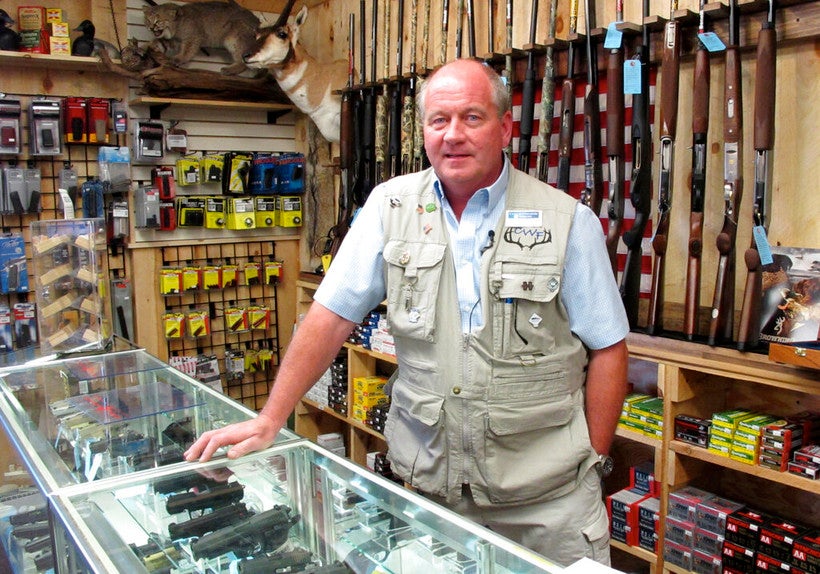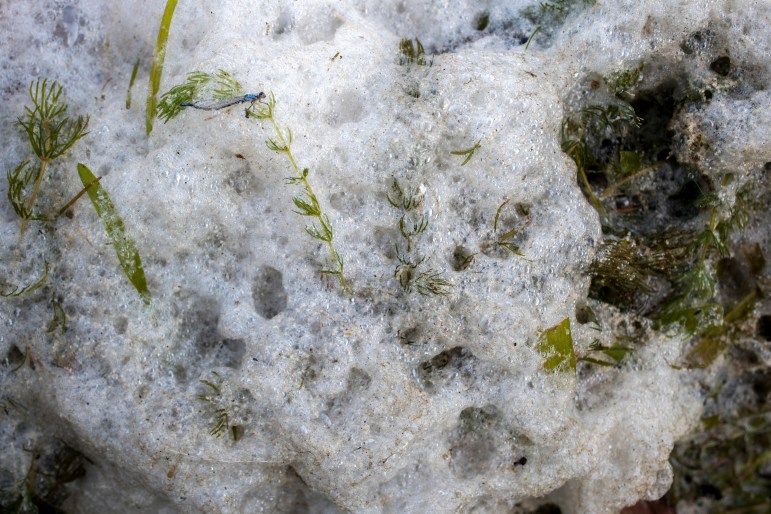Dane County officials say weed removal from lakes has become more efficient and mobile because of new equipment that allows crews to be at multiple locations simultaneously.
As weeds continue to crop up, the county has had to expand its fleet of harvesting boats, elevators and hauling trucks. The county already had 10 harvesters. This year, crews built a new elevator for carrying weeds to dump trucks. The county also purchased three new trucks.
So far this summer, Dane County has harvested 2,600 tons of weeds from area lakes and the Yahara River. Dane County Parks Director Darren Marsh said the county has learned a lot about controlling weed growth over the years — especially invasive Eurasian watermilfoil.
Stay informed on the latest news
Sign up for WPR’s email newsletter.
“We can come in now and do (an) early-season cut before native plants have really started growing,” said Marsh. “If you cut the Eurasian Watermilfoil, then we can knock that back so the natives have a better chance to grow.”
Weed removal is also important for lake recreation and to prevent flooding during storms.
“We do want to keep a flow of water going through the chain of lakes,” said County Executive Joe Parisi. “Especially if you get a big event, one of challenges is keeping that water moving through system so we don’t have to deal with flooding and other issues.”
Most of the money the county is spending to clean up the lakes is going towards preventing urban and agricultural runoff. Lyle Updike, with the Dane County Lakes and Watershed Commission, said the county’s using buffer strips between farm fields and doing wetland restoration.
“In the rural areas, our farmers are producing crop levels that amaze their fathers, and their grandfathers thought impossible,” said Updike. “We are putting a lot more nutrients into the system. And one of the things we have to do is to try and mitigate that.”
Wisconsin Public Radio, © Copyright 2024, Board of Regents of the University of Wisconsin System and Wisconsin Educational Communications Board.






